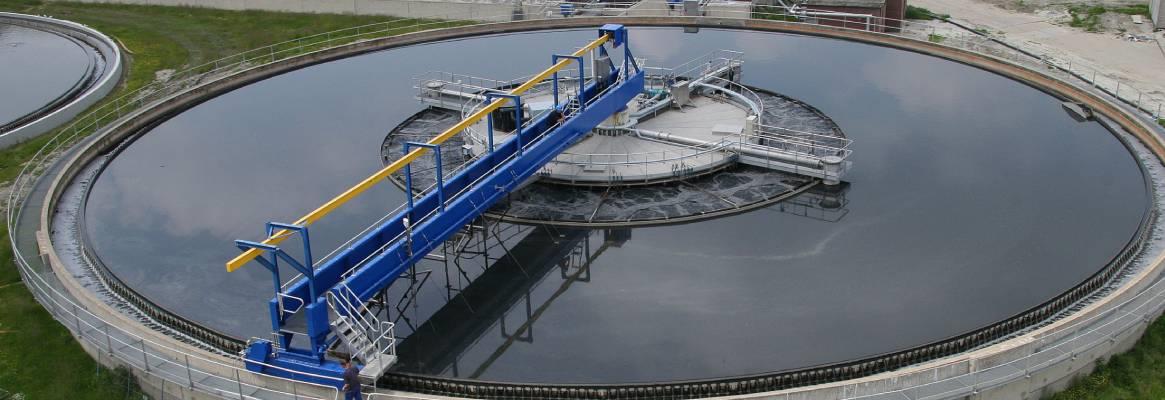The harmful effects of the textile industry on the workers of a textile company and surrounding communities is huge. Companies should implement a wastewater treatment plant to address this issue.
The textile industry is one of the biggest industries worldwide. The products from textile companies are of basic human need, but it should not affect the quality of life of its workers or the people from the surrounding local community. Thus, safety and health of employees should be of utmost importance to textile companies. Proper industrial hygiene and chemical safety programmes are mandatory in workplaces where hazards are present almost everywhere.
Importance of proper industrial hygiene
The first step for proper industrial hygiene is to recognise and evaluate workplace hazards in order to keep employees safe and healthy. Periodic workplace controls and monitoring is a great solution to minimise harmful effects on the health of employees. Industrial hygiene can prevent workers from developing deadly illnesses years after they stop working in that industry.
Ingesting toxic chemicals, developing respiratory issues or even poisoning, are some of the most fatal injuries that may develop over time. The biggest problem in industries such as the textile industry is not only does it affect the overall health condition of its employees, but also the lives of people that live nearby these companies.
Side effects on community due to poor industrial hygiene
The general health of the nearby communities is highly affected where textile companies produce their finished products. Textile companies must use highly toxic chemicals in their manufacturing processes. The waste that gets generated as a result of processing of textiles contains heavy metals, especially in areas that have a textile mill. Textile mills are usually located near running waters. Most of the time, these companies discharge wastewater that contains heavy metals directly into the water bodies or into the soil.
To prevent people from complaining about the quality of water, companies have started to adopt a water treatment plant. The fields are sprayed with wastewater and companies consider this practice safe. It is presumed that plants and soil from these fields would filter all the chemicals from the wastewater and the number of pollutants that make into the running waters would be minimum. However, people who live nearby a textile mill are of the opinion that this method is not efficient at all as the soil is already saturated with pollutants and it is incapable of filtering new waste.
Textile companies are unable to assess how much of these heavy metals can harm the nearby running waters that serve as the primary source of drinking water for communities. Even if a small portion of these toxic chemicals seep into the water, it can severely impact the health of those who drink it.
How companies are affected by improper industrial hygiene
The overall productivity of a textile company goes down once an employee falls sick. Not many people would agree to work in hazardous workplaces. This would in turn affect the productivity of the company since employees might need medical leaves, expensive medicines or even long hospitalisation stay. Agitated employees may file a lawsuit against their company in such a scenario.
The workers can sue the company for poor industrial hygiene and hazardous workplaces. They can get workers’ compensation if their case gets approved by the court. As a matter of fact, there needs to be only one approved case against a company to start a whole revolution. This would cost the company a fortune.
There are many toxic exposure lawsuits against textile companies in the United States due to pollution of the drinking water. Textile companies should really take care of how they dispose of the wastewater. This is a serious problem and it may affect thousands of people.
Addressing the problem
Textile companies might not be aware of the side effects that poor industrial hygiene may have on people’s lives, but it might cost them a lot if they do not address this issue.
Creating a safe water system is crucial to prevent pollution due to toxic chemicals. Not only would it prevent communities from developing potentially fatal illnesses, but it will save the textile company a huge amount of money. A wastewater treatment plant is way cheaper than maybe hundreds or thousands of lawsuits. The employees of a company should also be protected by use of right equipment and tools against exposure to toxic chemicals and heavy metals.
About the author:
Jonathan Sharp is the CFO at Environmental Litigation Group, PC, a law firm that offers its legal services for victims affected by environmental hazards since 1990. Besides managing the firm’s financial matters, Sharp was involved in many cases related to toxic exposure over the years.











Comments